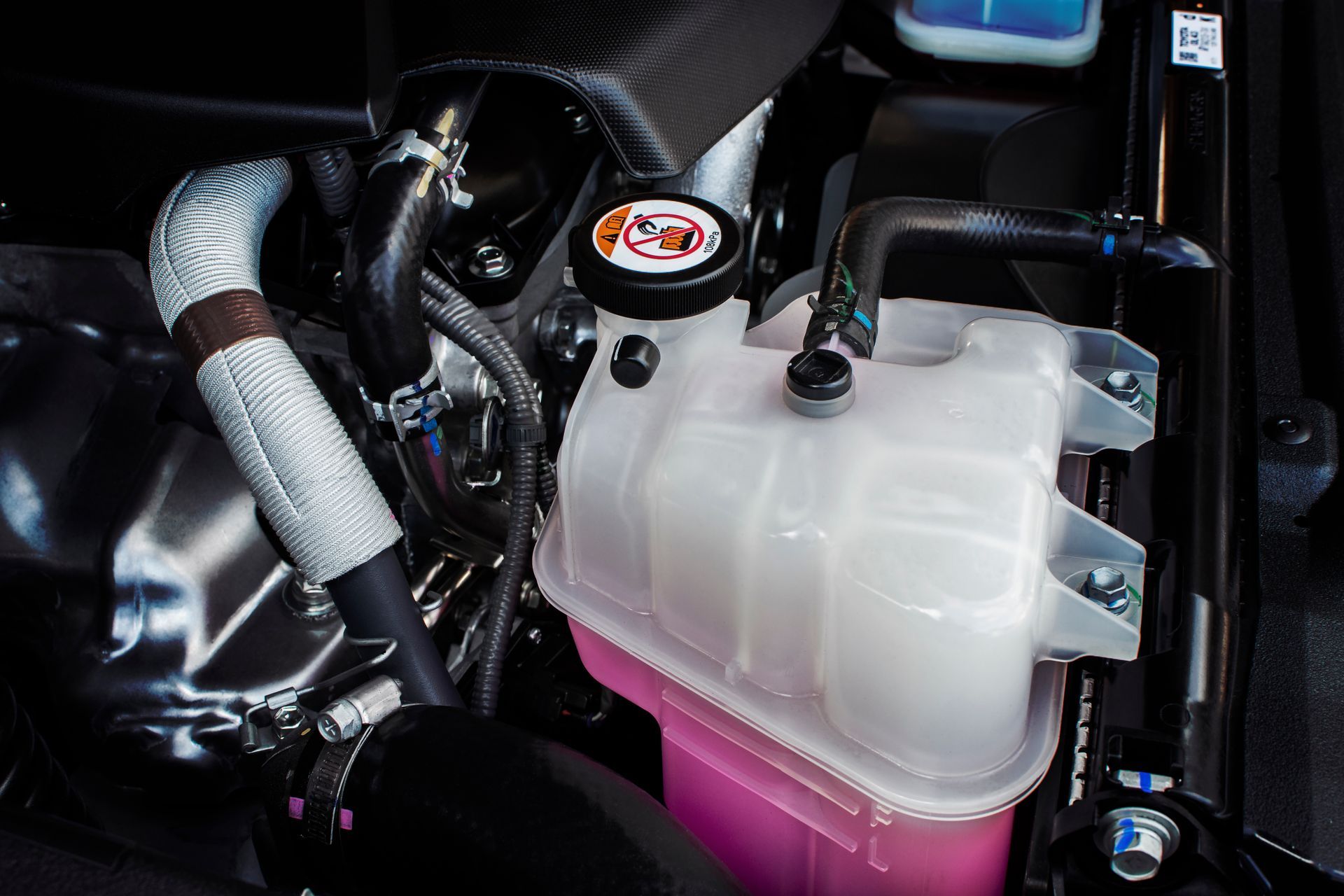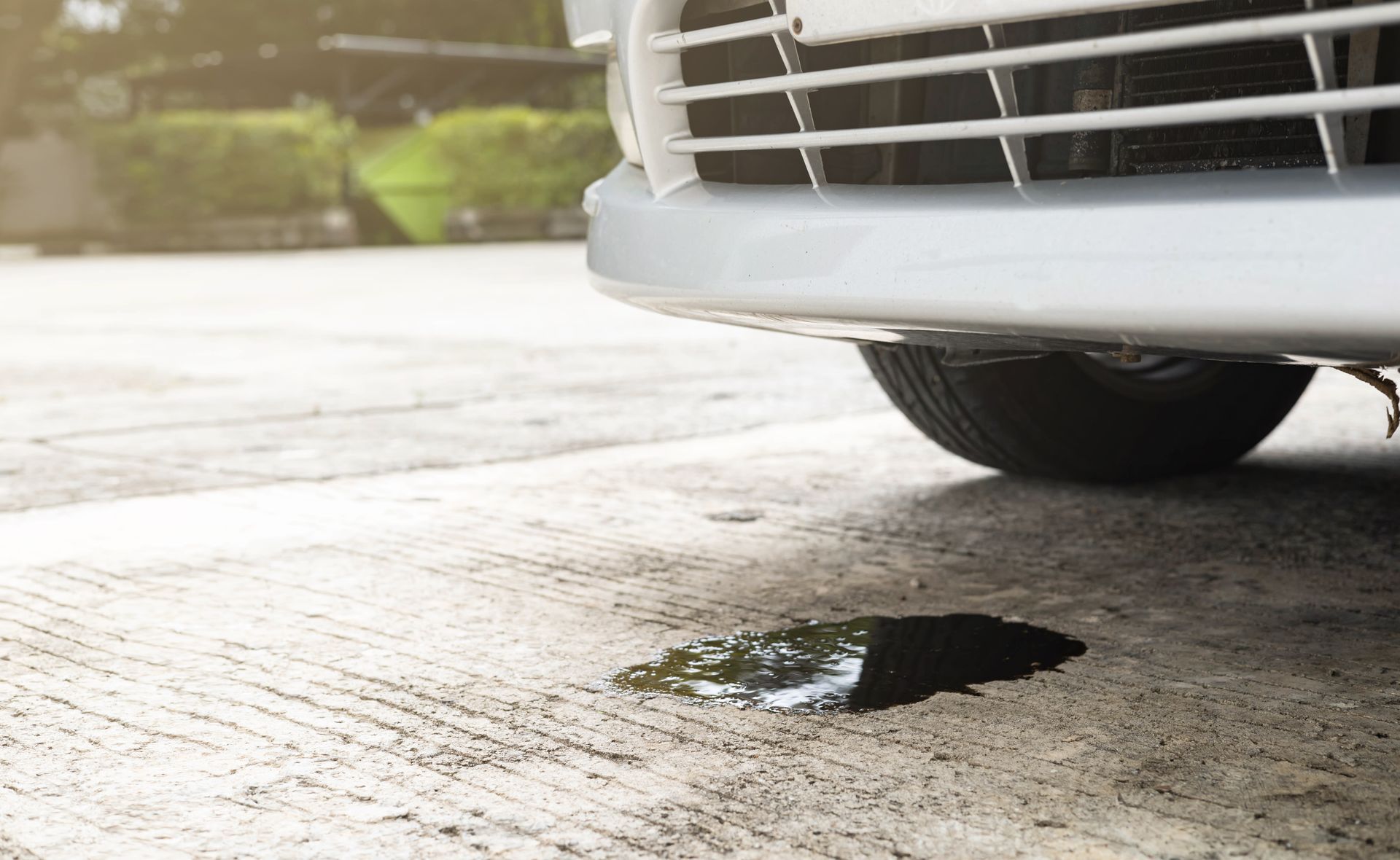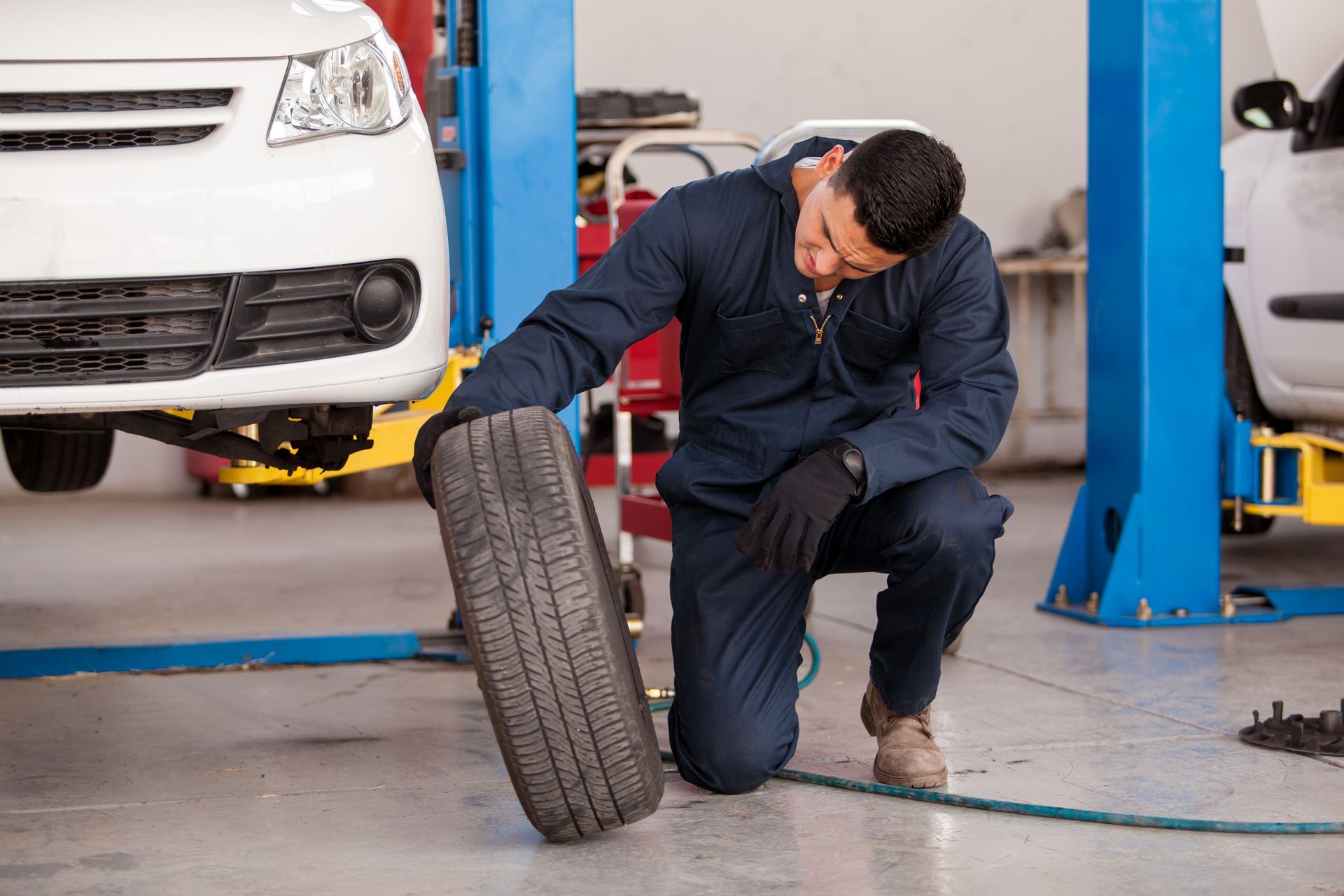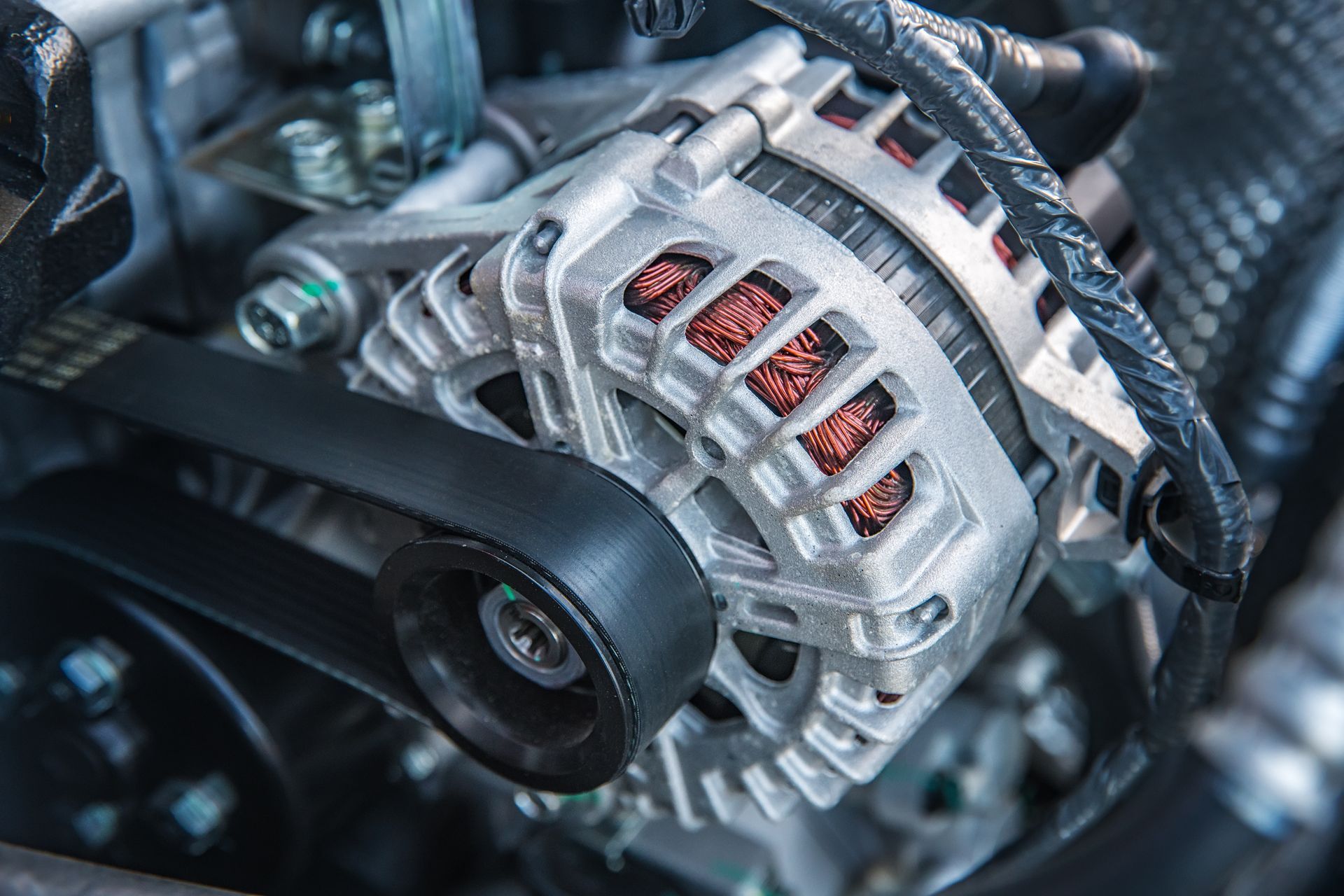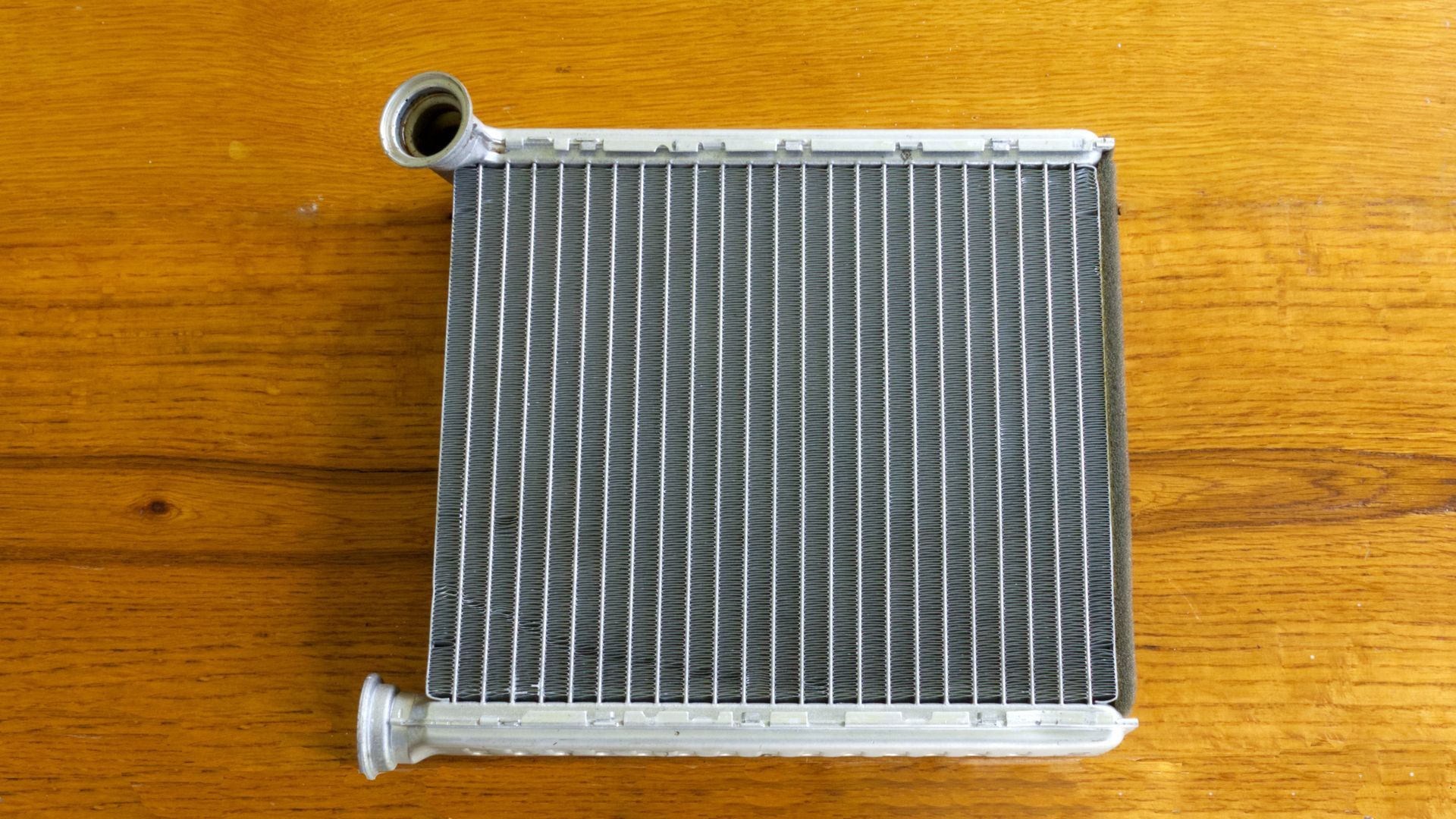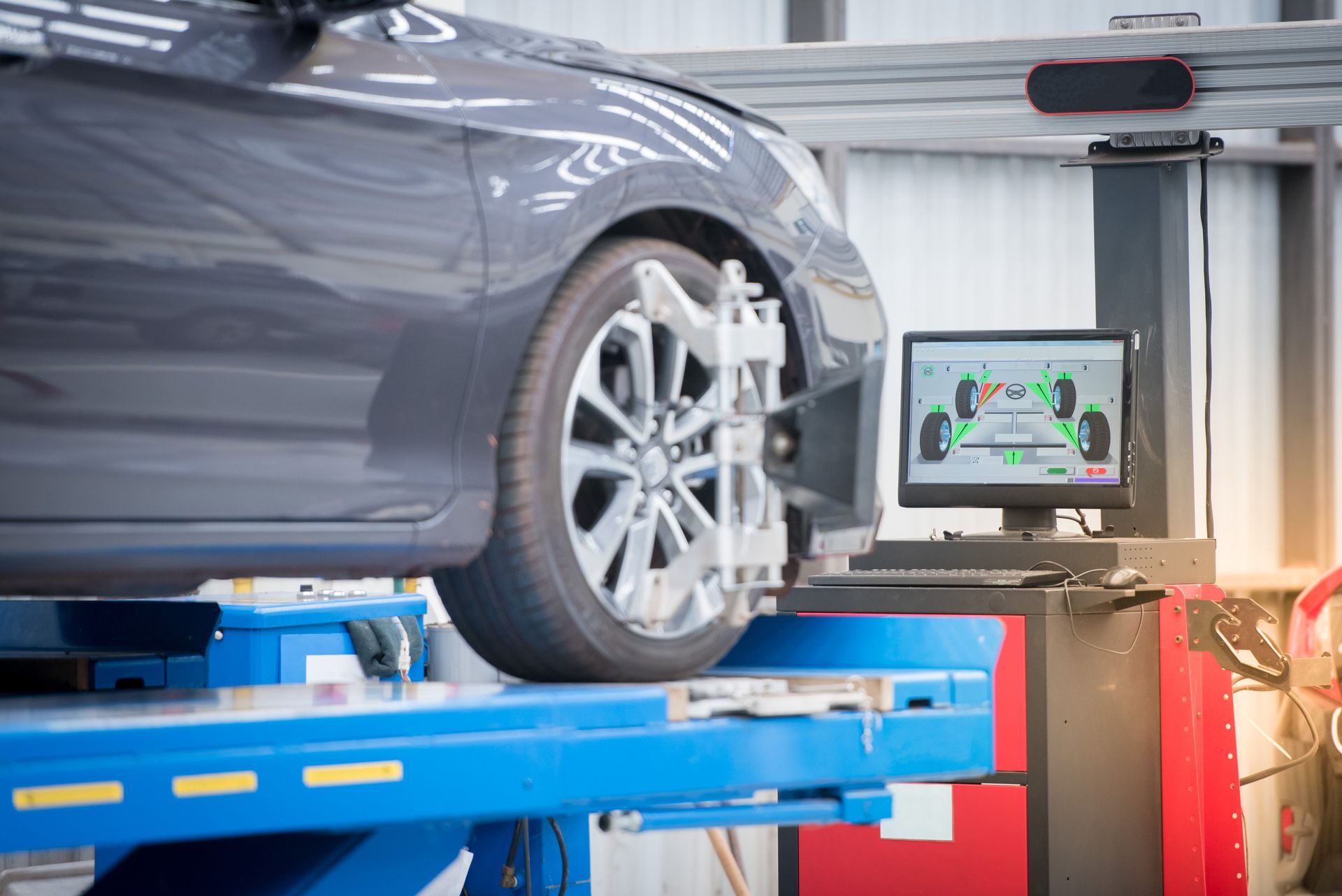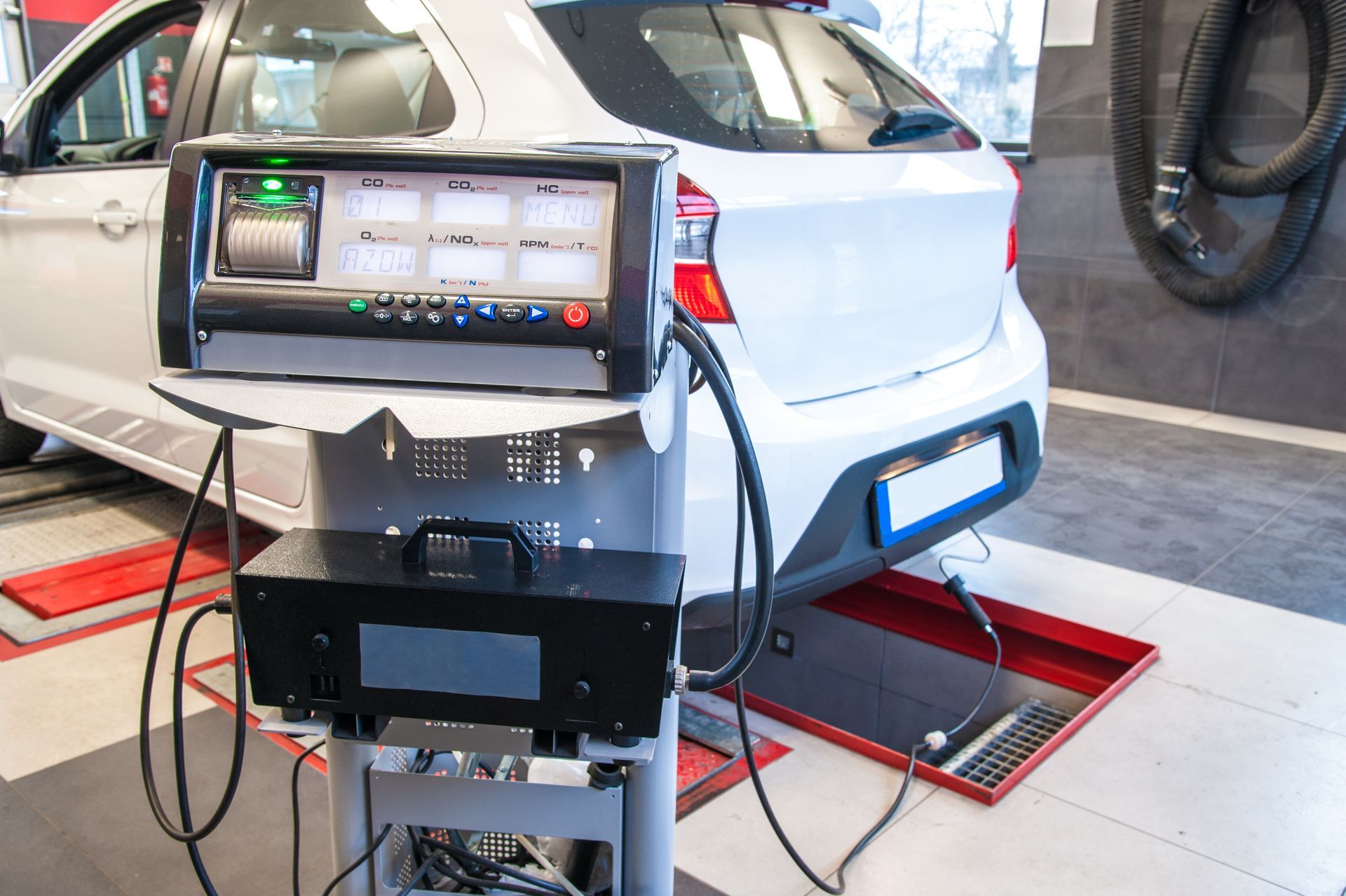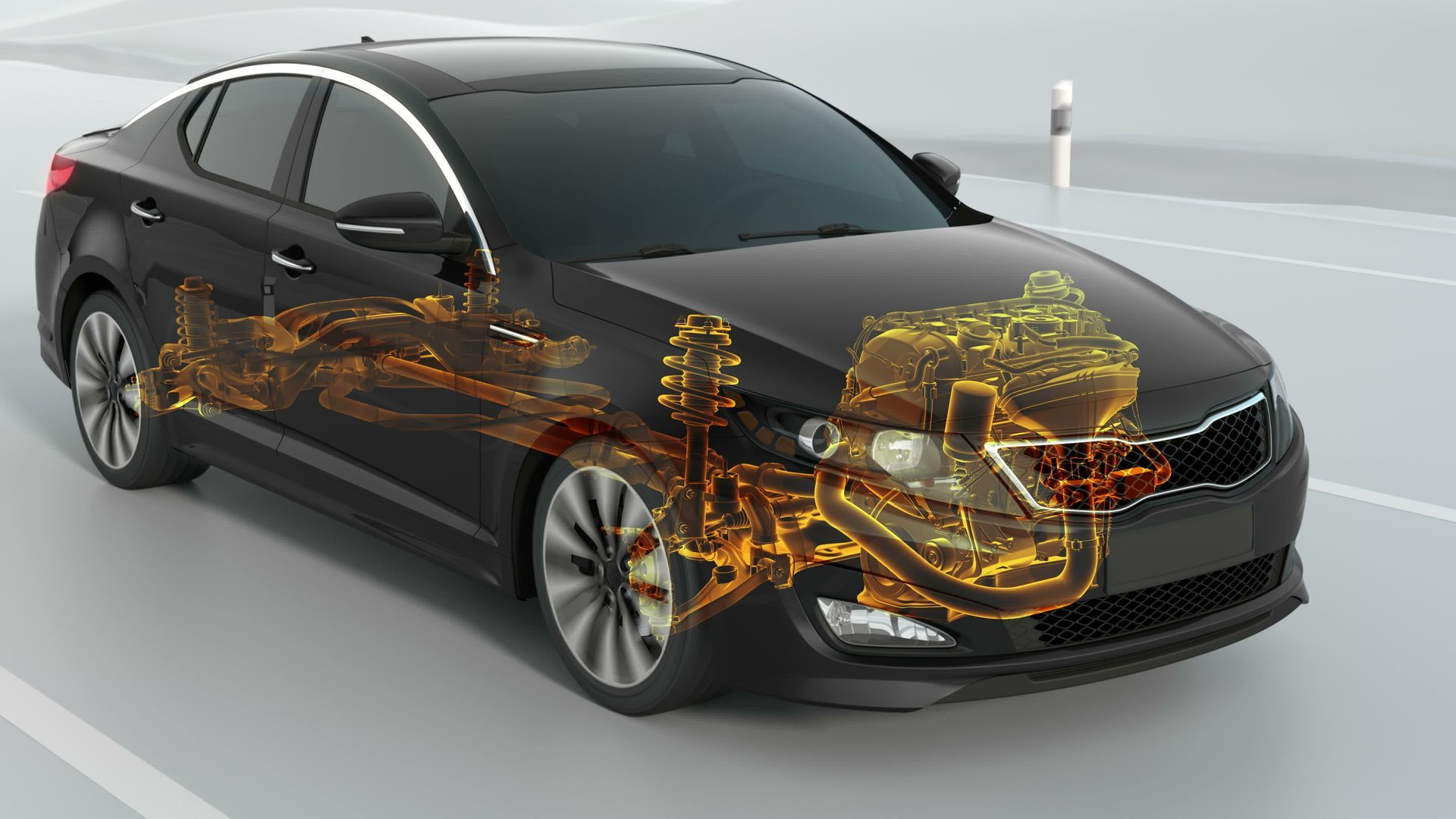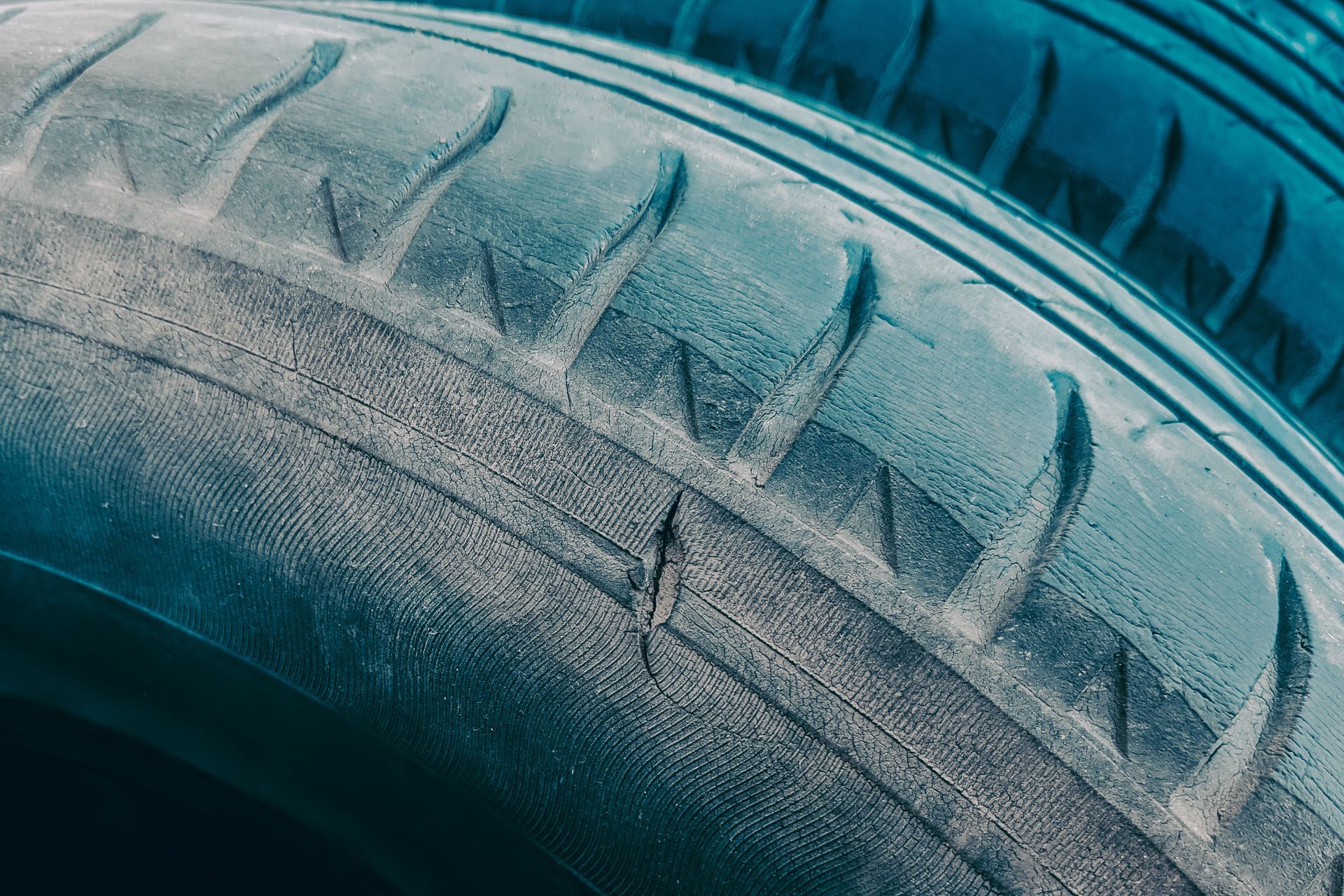Head gasket failure is a nightmare for many drivers, often leading to costly repairs and significant engine issues. But what causes this critical component to fail, and more importantly, what steps can you take to prevent it from happening? Let’s look at the common causes of head gasket failure and how to avoid it.
The Role of the Head Gasket
The head gasket is a vital part of your engine that sits between the engine block and cylinder head. It has a crucial job: maintaining the seal between these components to ensure proper compression while keeping oil and coolant separate. In short, it plays a massive role in preventing leaks and maintaining engine efficiency.
When the head gasket fails, it can cause a mix of oil and coolant, overheating, loss of engine power, and more. But why do these gaskets give out in the first place?
Common Causes of Head Gasket Failure
There are several reasons why a head gasket may fail. Below are the most common causes:
1. Engine Overheating
The primary cause of head gasket failure is engine overheating. Excessive heat puts pressure on the gasket, causing it to weaken over time. If the engine constantly overheats, the gasket is likely to warp or crack, leading to leaks and eventual failure.
2. Pre-Ignition and Detonation
Pre-ignition or detonation is when fuel in the engine combusts before it should, causing excessive pressure inside the cylinders. This pressure puts a strain on the head gasket, wearing it down much faster than normal. If left unaddressed, this extra stress can cause the gasket to fail prematurely.
3. Poor Engine Maintenance
Neglecting routine maintenance is another key factor in head gasket failure. Low coolant levels, clogged radiators, or damaged water pumps can all contribute to engine overheating, ultimately leading to gasket damage. Regularly skipping oil changes can also contribute, as dirty oil loses its ability to lubricate and cool the engine effectively.
4. Manufacturing Defects
Though rare, some head gaskets fail due to manufacturing flaws. Poor-quality gaskets or improper installation can result in premature failure, even in relatively new vehicles. These defects often go unnoticed until a significant problem arises, making it harder to prevent.
How to Prevent Head Gasket Failure
While head gasket failure is a serious issue, there are several steps you can take to reduce the likelihood of this happening to your car:
1. Keep Your Engine Cool
Regularly check your vehicle's cooling system to ensure it’s functioning correctly. Make sure your coolant levels are adequate, and inspect hoses, radiators, and the water pump for any signs of wear or leaks. Avoid running your engine while it’s overheating, as this puts immense stress on the head gasket.
2. Perform Regular Maintenance
Consistent maintenance is your best line of defense. Regular oil changes help ensure the engine stays lubricated and cool, while routine coolant flushes prevent the buildup of debris and contaminants that could block proper cooling. Follow your car manufacturer’s recommendations for oil and coolant service intervals.
3. Avoid Aggressive Driving
Aggressive driving, such as rapid acceleration or heavy towing, can create excessive heat and stress on your engine. This behavior can hasten head gasket wear, especially in older vehicles. By driving more smoothly and allowing your engine to warm up properly, you’ll extend the life of not just the gasket but the engine as a whole.
4. Pay Attention to Warning Signs
If your engine starts overheating, you see white smoke from the exhaust, or notice unusual coolant loss, don't ignore these signs. Addressing small issues before they escalate can prevent head gasket failure from happening in the first place. Get your car checked immediately if you experience any of these symptoms.
Is your engine overheating, or are you noticing signs of trouble with your head gasket? Let
Gibbon Tire and Auto diagnose and repair the issue before it turns into a bigger headache. Book your appointment today!


